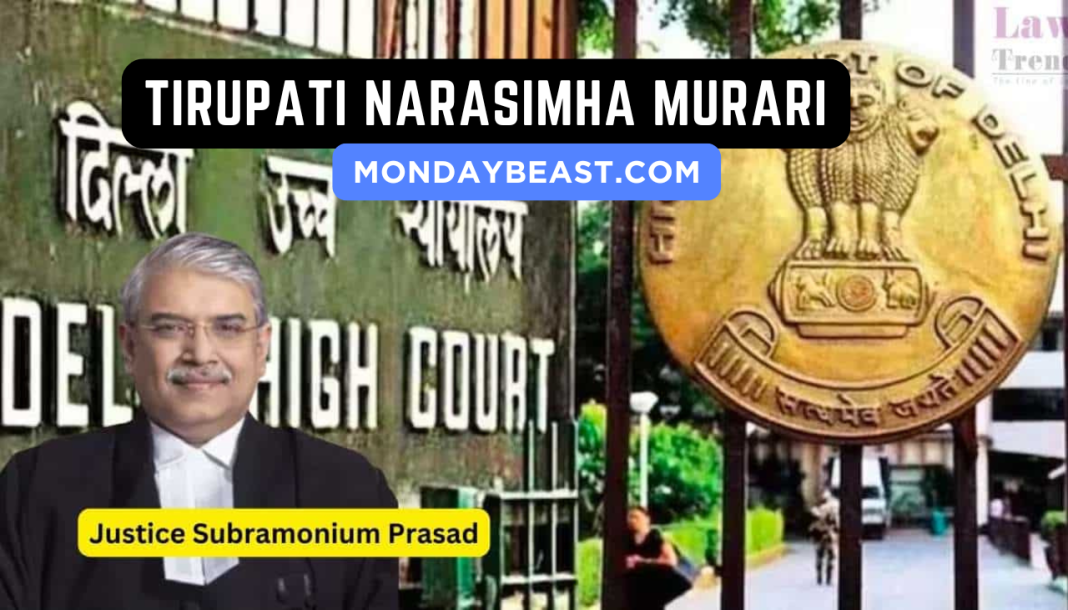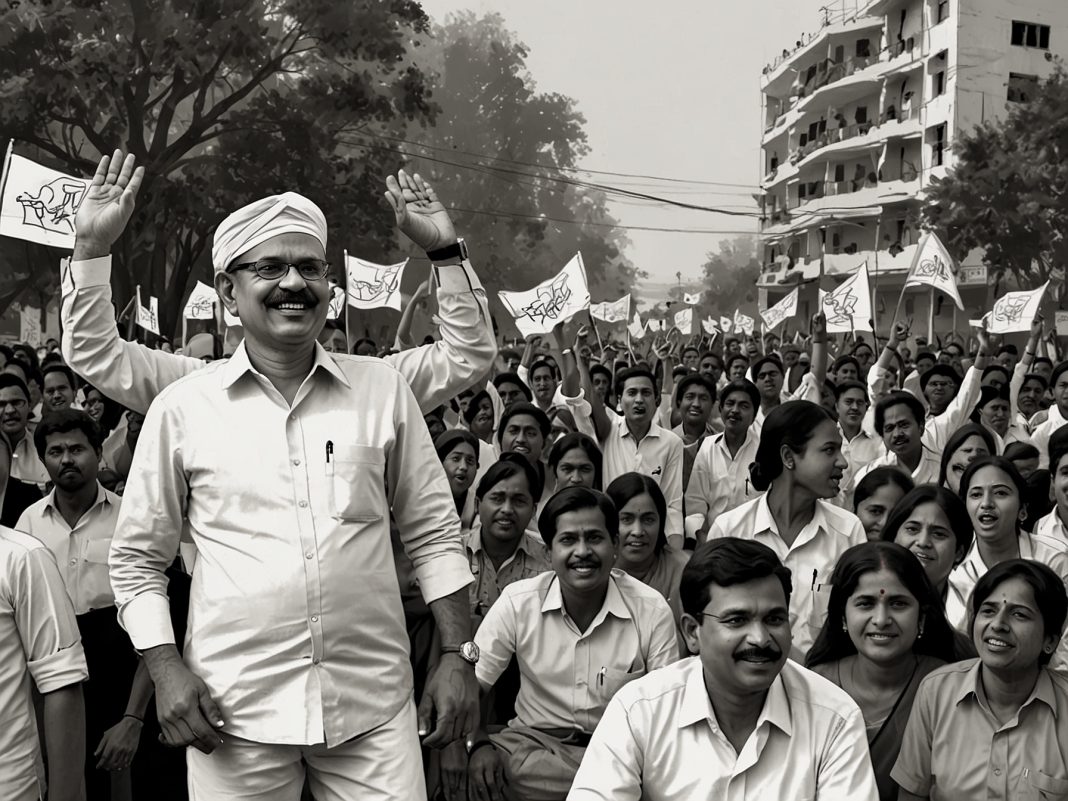The recent ruling from the Delhi High Court has sparked fresh debates. Should a political party like the All India Majlis-e-Ittehadul Muslimeen (AIMIM) face de-registration? This question is now more relevant than ever.
Just a few days ago, Justice Prateek Jalan dismissed a plea that sought to deregister AIMIM. The claim? That the party’s constitution primarily serves Muslims. Is this, however, a valid basis under our Constitution to interfere with established rights?
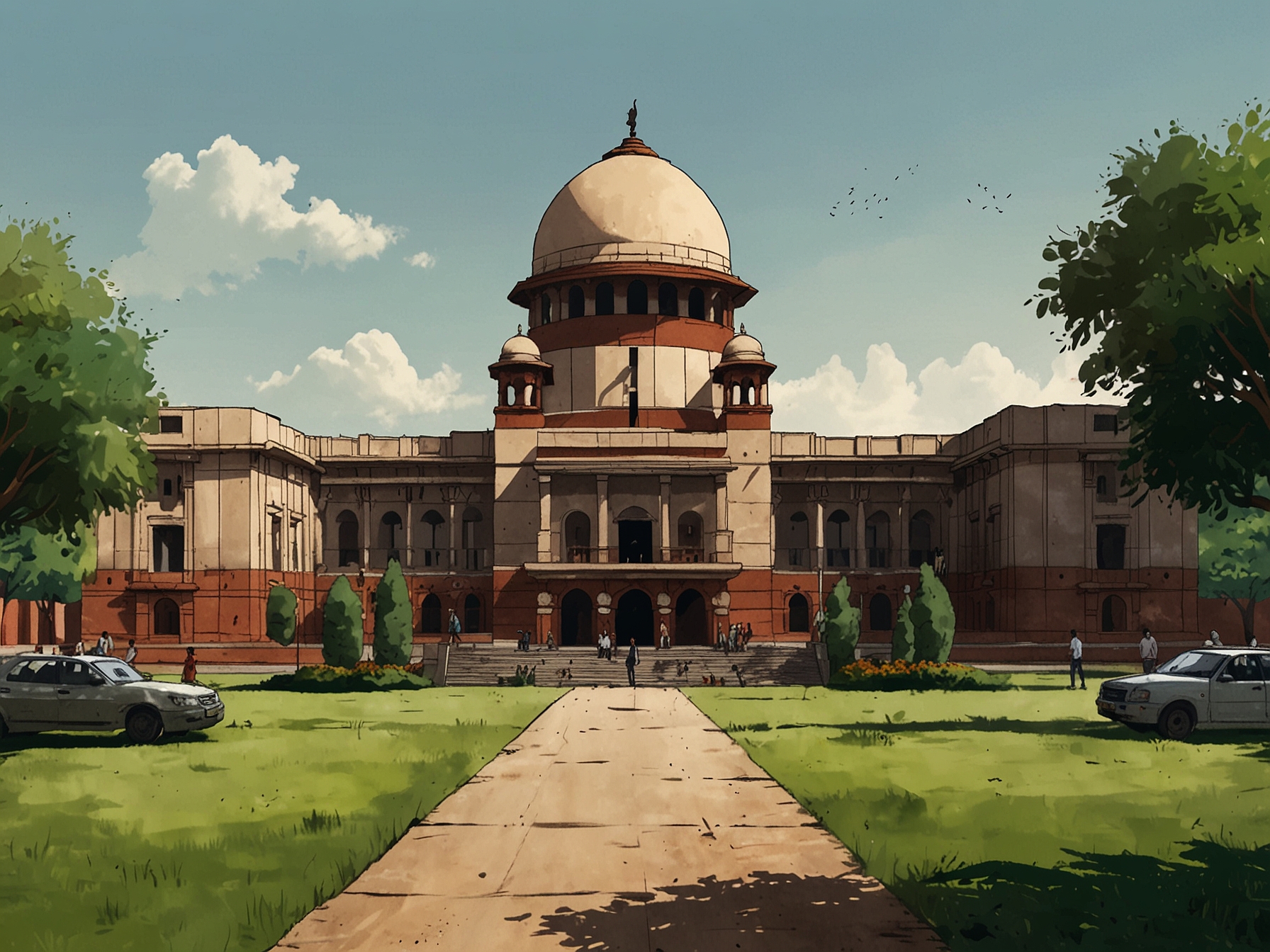
The petitioner, Tirupati Narasimha Murari, had a significant background. As a member of the undivided Shiv Sena, he argued that AIMIM violates secular principles. Yet the court found these claims unsubstantiated and went on to affirm AIMIM’s rights.
The ruling underscored a crucial point: the rights of AIMIM members to form their political party are fundamental. For many, this decision is a reaffirmation of democracy. It emphasizes that political parties can represent diverse identities without infringing on national values.
AIMIM was recognized officially in 1992. Since then, it has carved out a niche in Indian politics. Underlying this case is a larger discussion about representation and democracy in a multi-religious society.
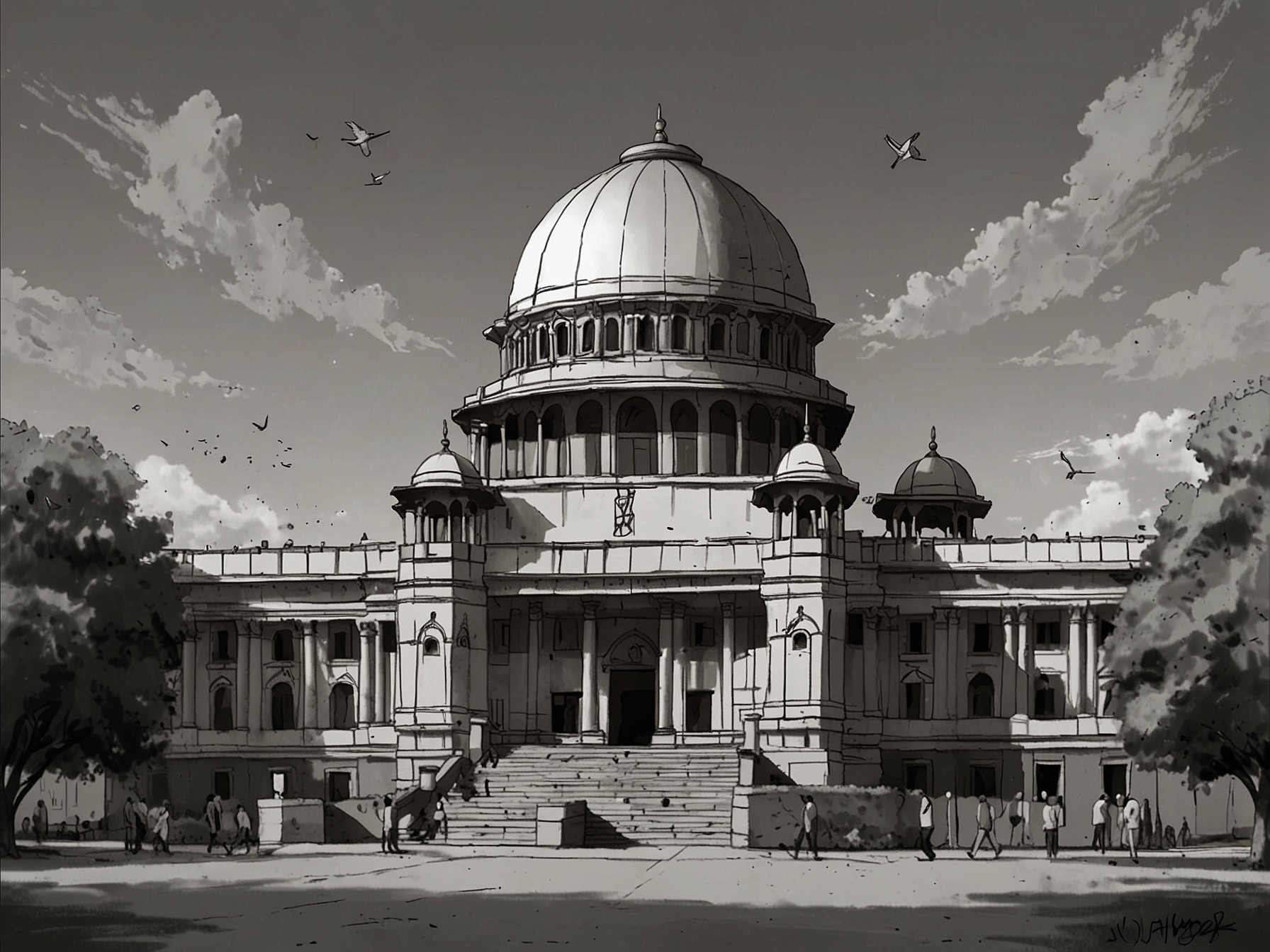
The court also highlighted that the Election Commission does not have the power to deregister a political party based on such claims. Isn’t it critical for political parties to reflect community interests? Isn’t it integral to our notion of democracy?
AIMIM claimed its allegiance to the Constitution and its core tenets of democracy. Observers might wonder—how can parties with specific focuses coexist in a diverse society?
This case is just one step in a larger narrative. The future of political representation continues to evolve. Why do some feel threatened by parties that represent particular religious communities? Could this lead to more stringent scrutiny of political organizations?
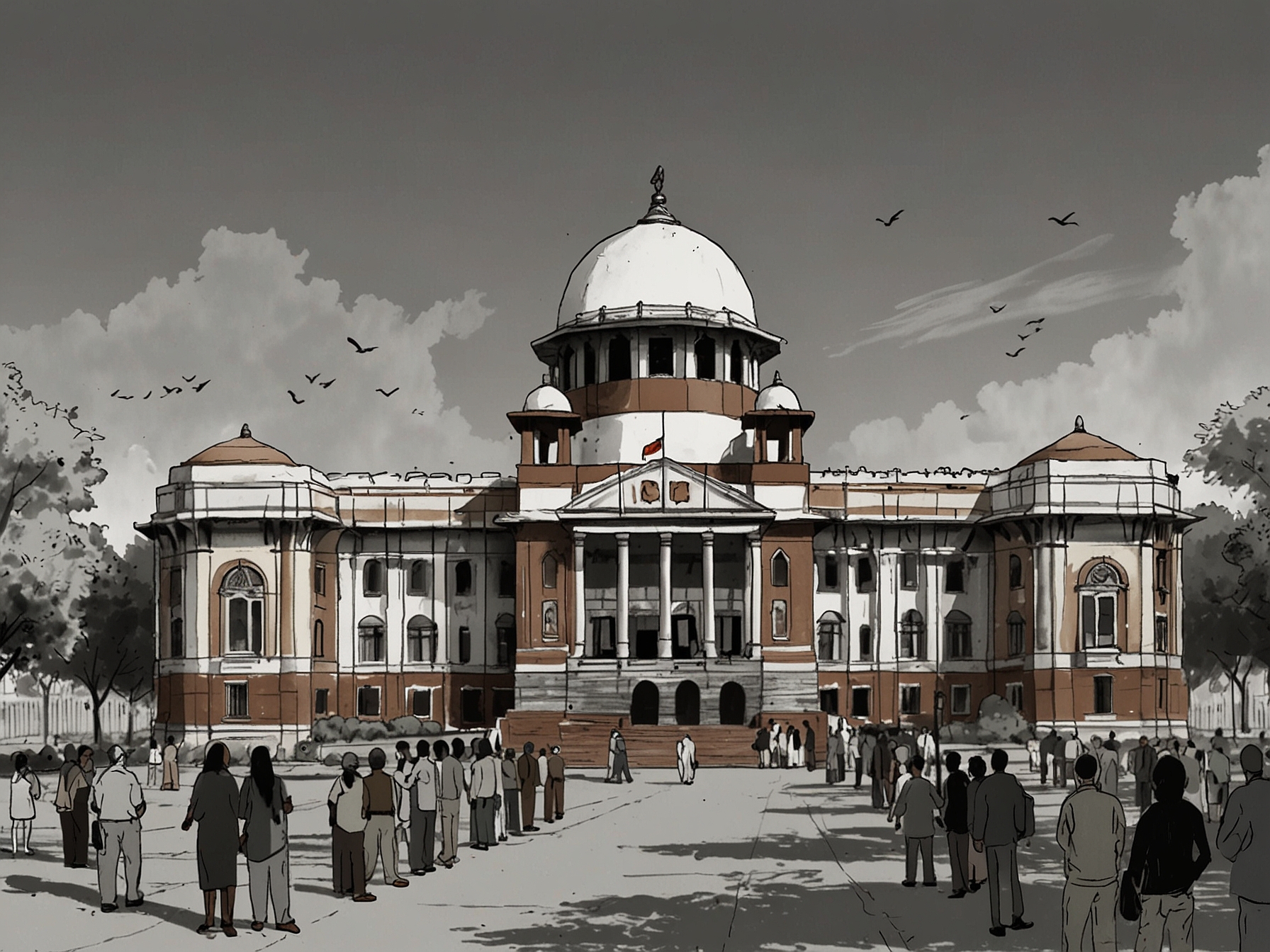
The implications of this ruling extend beyond AIMIM and India. The balance between secularism and communal representation is delicate. As societies worldwide grapple with similar questions, what can India teach us?
For proponents of AIMIM, this ruling is seen as a vindication. Secularism, after all, is not about homogenization. It is about coexistence, acceptance, and understanding. Many view the court’s decision as a safeguard against majoritarianism.
Conversely, critics argue that AIMIM’s focus raises questions about proportional representation. They believe that such distinctions could exacerbate societal divisions. Thus, sets the scene for a broader dialogue.
Perhaps the future will demand more dialogue around these issues. As India moves into the next election cycle, will this ruling influence voter sentiment? Will it change how political parties position themselves?
In conclusion, the Delhi High Court’s dismissal of the plea against AIMIM is a landmark moment. It reflects not just a legal judgment but a societal stance. We must reflect on our values and how they shape our political landscape. How will political parties, media, and citizens engage with this debate? What does this mean for the fabric of Indian democracy?

